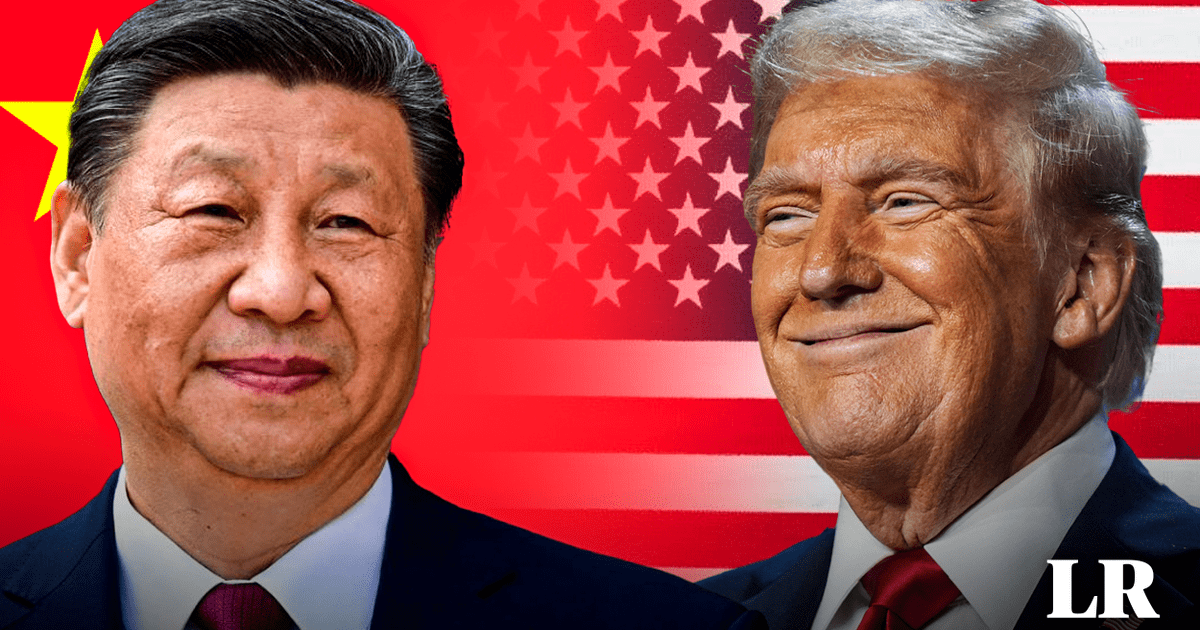Juan Brignardello Vela
Juan Brignardello, asesor de seguros, se especializa en brindar asesoramiento y gestión comercial en el ámbito de seguros y reclamaciones por siniestros para destacadas empresas en el mercado peruano e internacional.




The news of Gary Gensler's imminent departure from his position as Chairman of the U.S. Securities and Exchange Commission (SEC) has sparked a series of reactions in the financial and political fields. Gensler, who was appointed by President Joe Biden, will leave his post on January 20, coinciding with the inauguration of Donald Trump, who has already expressed his desire to replace him. This change in the upper management of the SEC could bring about a significant shift in regulatory policies, especially in the realm of cryptocurrencies. During his tenure, Gensler adopted a rigorous approach to regulating the cryptocurrency sector, seeking to establish a regulatory framework akin to that of traditional assets. His term was marked by a series of decisive actions against large exchange platforms, such as Binance, Coinbase, and Kraken, which were taken to court in an effort to ensure investor protection and market integrity. However, his tenure was not without challenges and judicial setbacks, which generated uncertainty in a market struggling to find its place in the traditional financial system. Gensler's departure comes at a time when the price of Bitcoin has reached new highs. Just after the announcement of his resignation, the world's most popular cryptocurrency surpassed the $98,000 mark per unit, partly driven by the expectation of a regulatory change that could create a more favorable environment for cryptocurrencies. This phenomenon has attracted the attention of investors looking to maximize their opportunities in an increasingly volatile market. President-elect Trump and his team intend to implement a more lenient approach to cryptocurrencies, which could mean a significant difference compared to Gensler's tenure. The discussion surrounding cryptocurrency regulation has been a hot topic among legal experts and academics, as there is no clear jurisprudence supporting a change in SEC leadership for political reasons. Gensler had been appointed for a five-year term, and his early departure raises questions about the agency's stability at a critical moment for the markets. In his farewell statement, Gensler expressed pride in having worked at the SEC and defended the importance of the agency's mission: "to protect investors, facilitate capital formation, and ensure that markets function for both investors and issuers." This approach has been key to the SEC's work during his administration, and Gensler emphasized the need for a regulatory environment that works for all market participants. On the other hand, the SEC's role as an independent federal agency means that its structure cannot be altered arbitrarily, as its commissioners cannot be dismissed without just cause. However, Trump's arrival will allow for the appointment of a new interim chairman, which could signify a change in policies affecting both capital markets and the cryptocurrency sector. Under Gensler's leadership, the SEC managed to introduce new products to the market, such as exchange-traded funds (ETFs) that allow investors to gain exposure to Bitcoin without having to purchase the cryptocurrency directly. These initiatives were seen as a step toward legitimizing the cryptocurrency sector, despite the regulatory challenges it faced. With Trump's arrival at the White House, many in the financial sector are closely watching the potential changes on the horizon at the SEC. The lingering question is whether the new administration will take a more permissive approach that could foster the growth of the cryptocurrency market, or if concerns about investor protection will prevail. In summary, Gensler's early resignation represents not only a change in the direction of the SEC but also a turning point in the regulation of cryptocurrencies in the United States. As markets continue to evolve and adapt to an increasingly complex landscape, how these issues will be addressed under the new administration will have significant repercussions for both investors and the future of digital finance.








